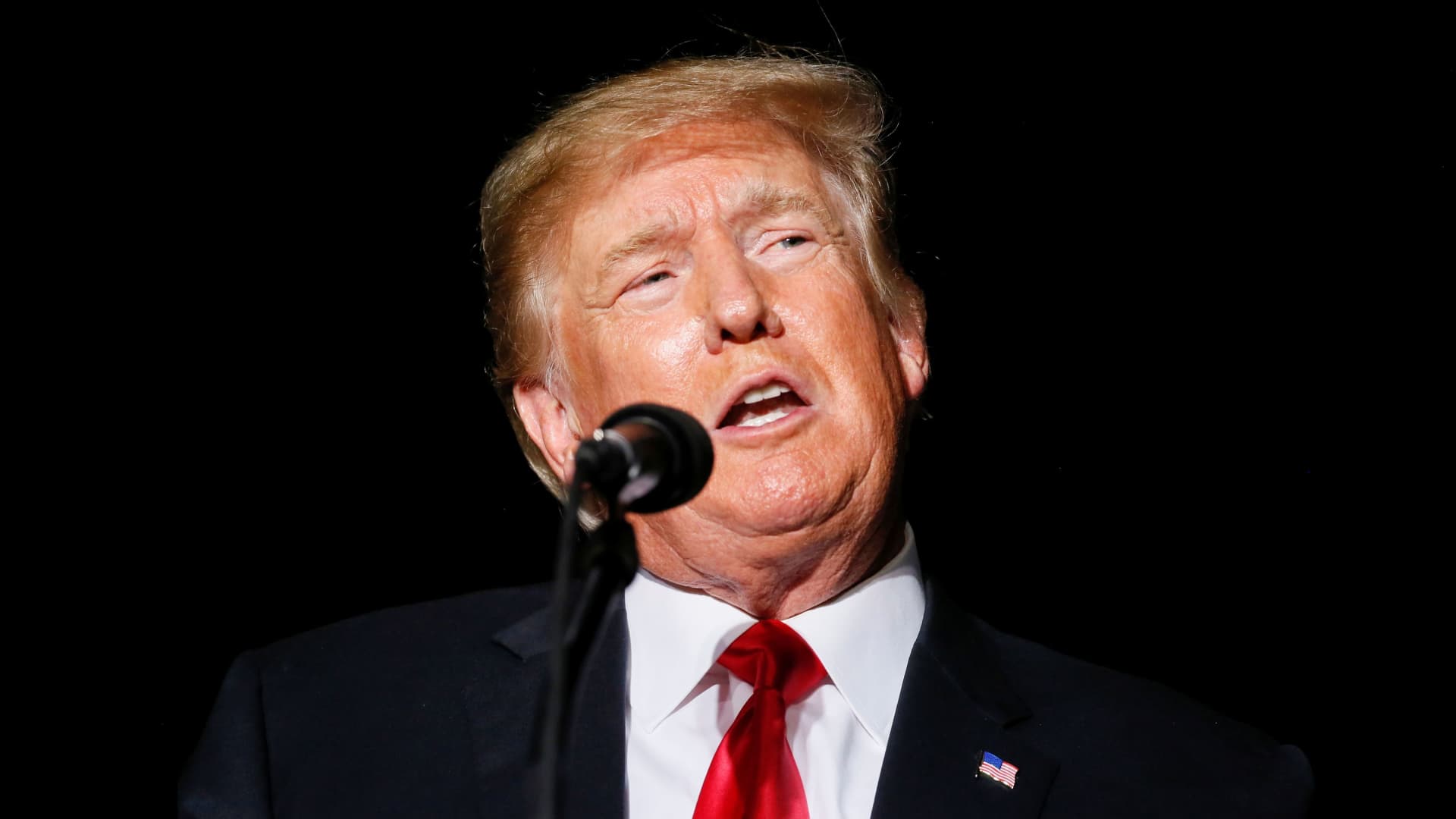‘Significant’ evidence suggests Trump Organization misstated asset values for more than a decade, NY AG says

The New York Attorney General’s Office has “uncovered significant evidence” suggesting that the Trump Organization’s financial statements for more than a decade relied on misleading valuations of its real estate assets, the office said in a court filing Tuesday.
Those potentially misleading valuations “and other misrepresentations” were used by the company owned by ex-President Donald Trump “to secure economic benefits — including loans, insurance coverage, and tax deductions — on terms more favorable than the true facts warranted,” the office said in the filing.
The filing by Attorney General Letitia James was made in response to the Trump Organization and Donald Trump’s appeal of a Manhattan state court judge’s order last month that Trump and two of his adult children, Donald Trump Jr. and Ivanka Trump, had to submit to interviews under oath by investigators from James’ office.
James said in the filing that she had issued subpoenas to those three people “to help reach a final determination about whether there has been civil fraud” committed in connection with the asset valuations “and who may be responsible for such fraud.”
In one glaring example, the financial statements for the Trump Organization from 2010 to 2012 “collectively valued” rent-stabilized apartment units it owned at $49.59 million, which was “over sixty-six times the $750,000 total value the outside appraiser had assigned to these units,” the filing said in a footnote.
In another example, from 2012 through 2016, the company’s financial statements said that Trump’s triplex apartment in Trump Tower in Manhattan “exceeded 30,000 square and valued the apartment at up to $327 million based on those dimensions,” the filing noted.
But in 2017, the company’s statement “slashed the apartment’s value by two-thirds, sizing the residence at just under 11,000 square fees,” which is the figure specified in the offering plan for the building, the filing said.
That year was also Trump’s first year as president of the United States.
Trump Organization Chief Financial Officer Allen Weisselberg and Controller Jeffrey McConney “played a role in crafting the financial statements at the crux of this investigation,” according to the filing by James.
The attorney general said that Weisselberg and McConney were among more than 40 witnesses interviewed in her office’s civil probe of the company.
In his deposition, when questioned about the valuation of Trump’s personal residence, Weisselberg “admitted that the apartment’s value had been overstated by “give or take” $200 million,” the filing said.
James has been investigating Trump’s company for several years.
Donald Jr. runs the Trump Organization with his brother Eric Trump, has previously been questioned in the probe. Ivanka Trump previously served as a company executive.
The probe was sparked by sworn testimony from Trump’s former personal lawyer Michael Cohen.
Cohen told Congress that the Trump Organization had given different valuations for the same properties in order to obtain more favorable terms on loans and insurance, and to lower their taxes.
James’ office in February revealed that the Trump Organization’s long-time accounting firm Mazars had fired the company as a client after saying that a decade’s worth of financial statements about Donald Trump’s financial condition “should no longer be relied on.”
In her filing Tuesday, James begins by noting that she is probing “potential misrepresentations or omissions in financial statements describing assets” of Trump’s company.
“So far, the investigation has uncovered significant evidence potentially indicating that, for more than a decade, these financial statements relied on misleading asset valuations and other misrepresentations,” said the filing in the First Department Appellate Division of New York Supreme Court.
Weisselberg, the Trump Organization, and a subsidiary of the company last summer were criminally charged in an indictment obtained by the Manhattan District Attorney accusing them of a scheme that since 2005 had helped Weisselberg and other company executives avoid taxes on their compensations. The defendants have pleaded not guilty in that case.
This is breaking news. Please check back for updates.




